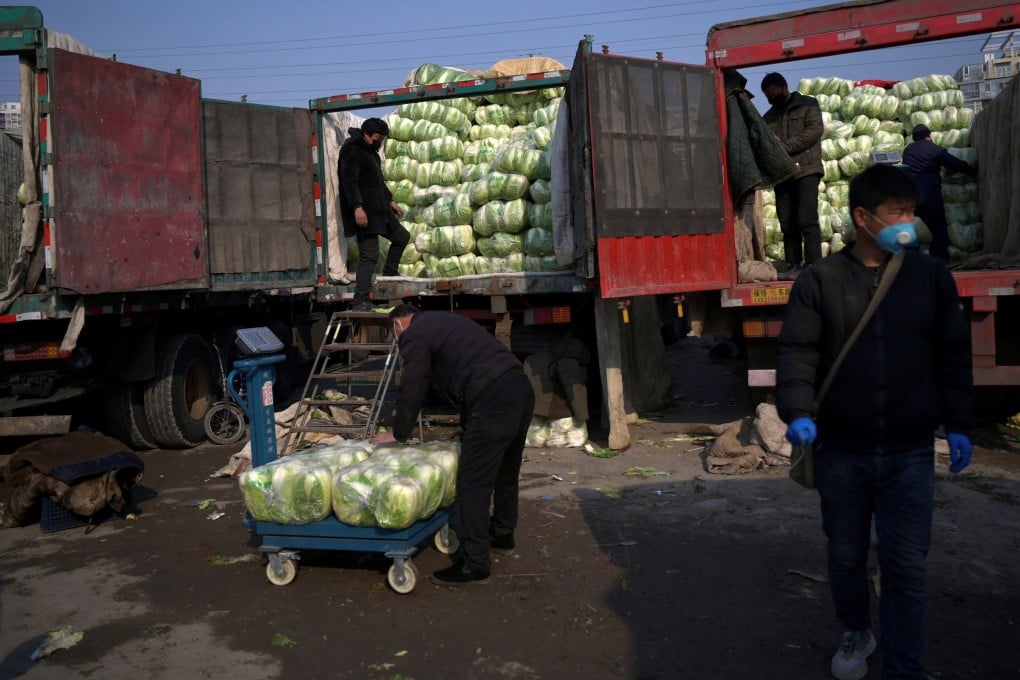China’s services sector activity extended decline in December as Covid-19 surge hit supply, demand
- Caixin/S&P Global services purchasing managers’ index (PMI) rose to 48 in December from 46.7 in November
- Last week, the official non-manufacturing PMI, which measures business sentiment in the services and construction sectors, fell to 41.6 in December from 46.7 in November

China’s services activity shrank in December as surging coronavirus infections hit demand, a private-sector survey showed on Thursday, although the pace of recent declines slowed while business confidence rose to a 17-month high.
China abruptly removed its stringent zero-Covid strategy in early December after rare public protests over the protracted curbs, triggering a surge infections across the country.
Companies in the Caixin/S&P survey reported the falls in output and new work for the fourth straight month in December, and external demand fell into contraction from growth the previous month.
However, surveyed firms were nonetheless bullish about recovery prospects for the next 12 months thanks to the lifting of restrictions that could lead to increased consumption, with the confidence index rising to a 17-month high.